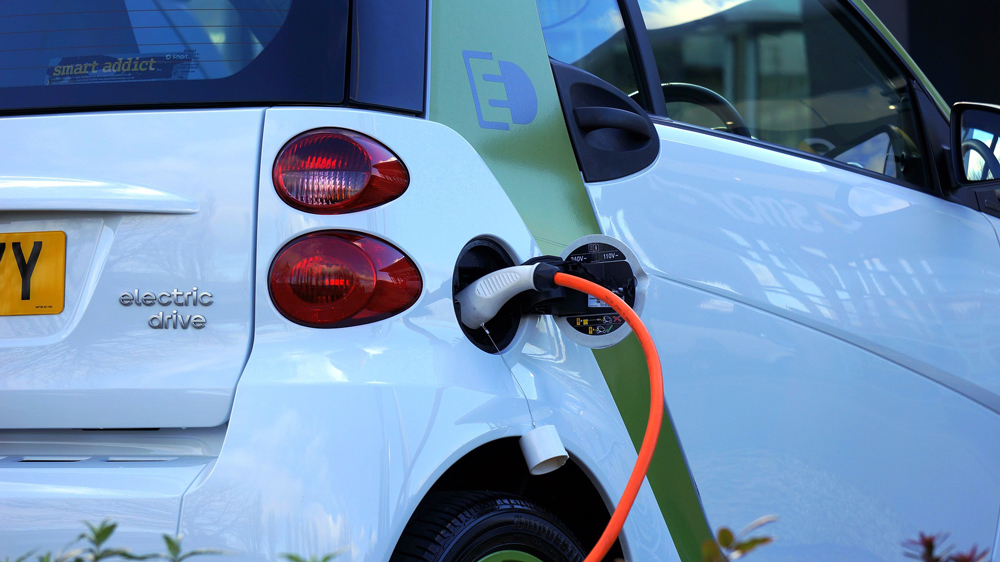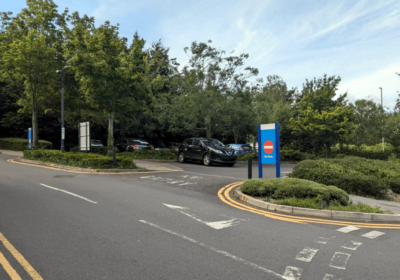THE cost of using publicly accessible rapid and ultra-rapid chargers has risen by 50% since May, new data shows.
The RAC Charge Watch shows it now costs an average of 70.32p per kilowatt hour to rapid charge an electric vehicle on a pay-as-you-go basis, up from 44.55p (58%) last May and from 63.29p (11%) last September.
The rises, driven by further increases in the wholesale cost of electricity, mean drivers now pay £36 to charge a typical family-sized electric car with a 64kWh battery to its 80% rapid or ultra-rapid limit – enough to cover around 188 miles.
This is more than twice the cost of charging the same car at home, something most EV drivers can do, with the price of such a charge coming in at just £17.87 – despite the record high domestic energy prices.
The price of using the fastest ultra-rapid chargers, which have power outputs of over 100kW and can charge many cars in a matter of minutes, now stands at 74.79p per kilowatt hour, up from 50.97p in May 2022 (47%) and 63.94p in September.
Drivers relying on these chargers pay £38.29 today for an 80% charge, £20.42 more than those fortunate enough to do all their charging at home.
The RAC’s analysis shows drivers who use the rapid public charging network – typically because they need to recharge on a longer journey or are trying to charge up time-efficiently as they can’t do so at home or work – currently pay a huge premium over those using slower chargers.
Indeed, it can be more expensive for an EV driver to recharge quickly on a longer journey than it is for a petrol and diesel drivers to refuel, the data shows.
Drivers using rapid chargers now pay 20p per mile for their electricity, only a penny less than those using less common ultra-rapid chargers, who pay 21p per mile.
These costs are higher than the equivalent per-mile rate for a petrol car that achieves an economy of 40 miles to the gallon (17p per mile) and are on a par with a diesel car achieving the same economy (20p per mile).









Leave a Reply